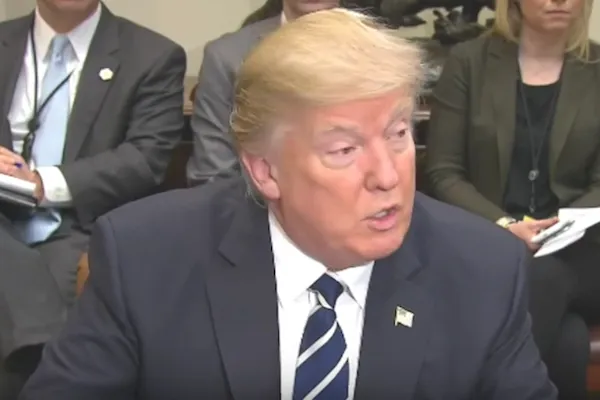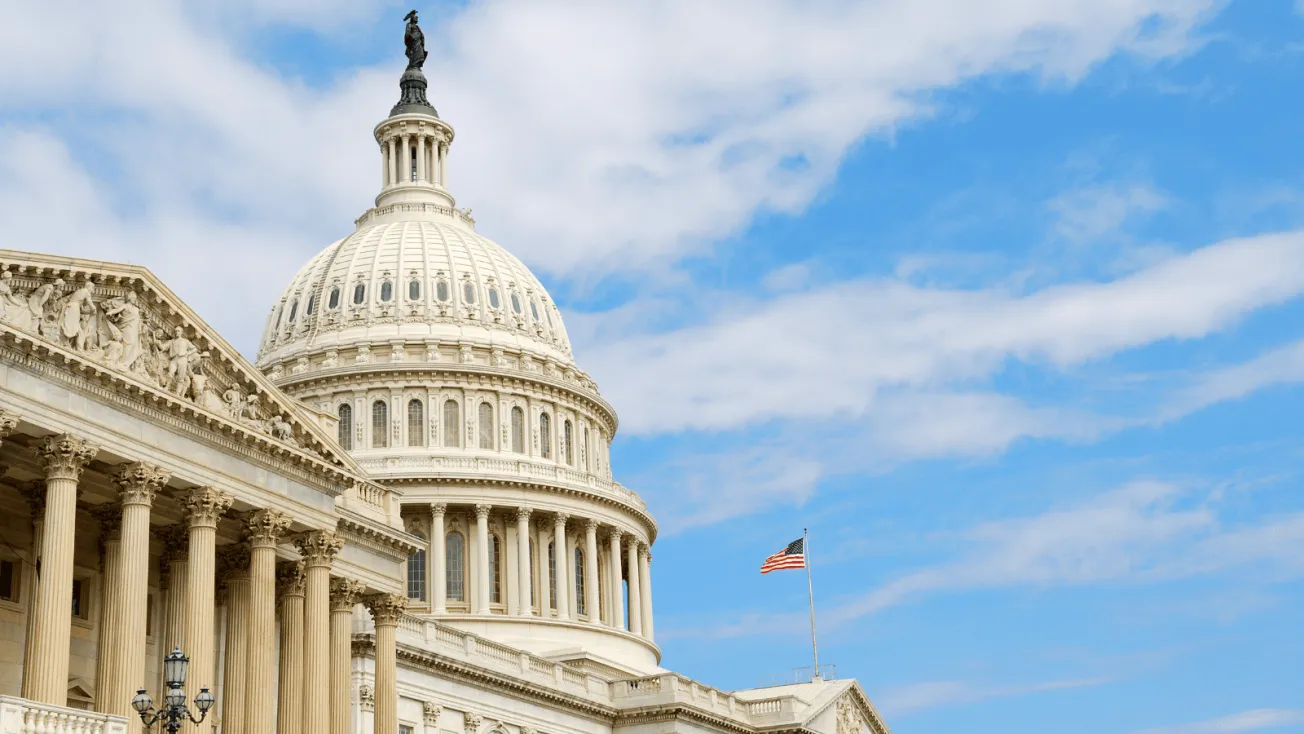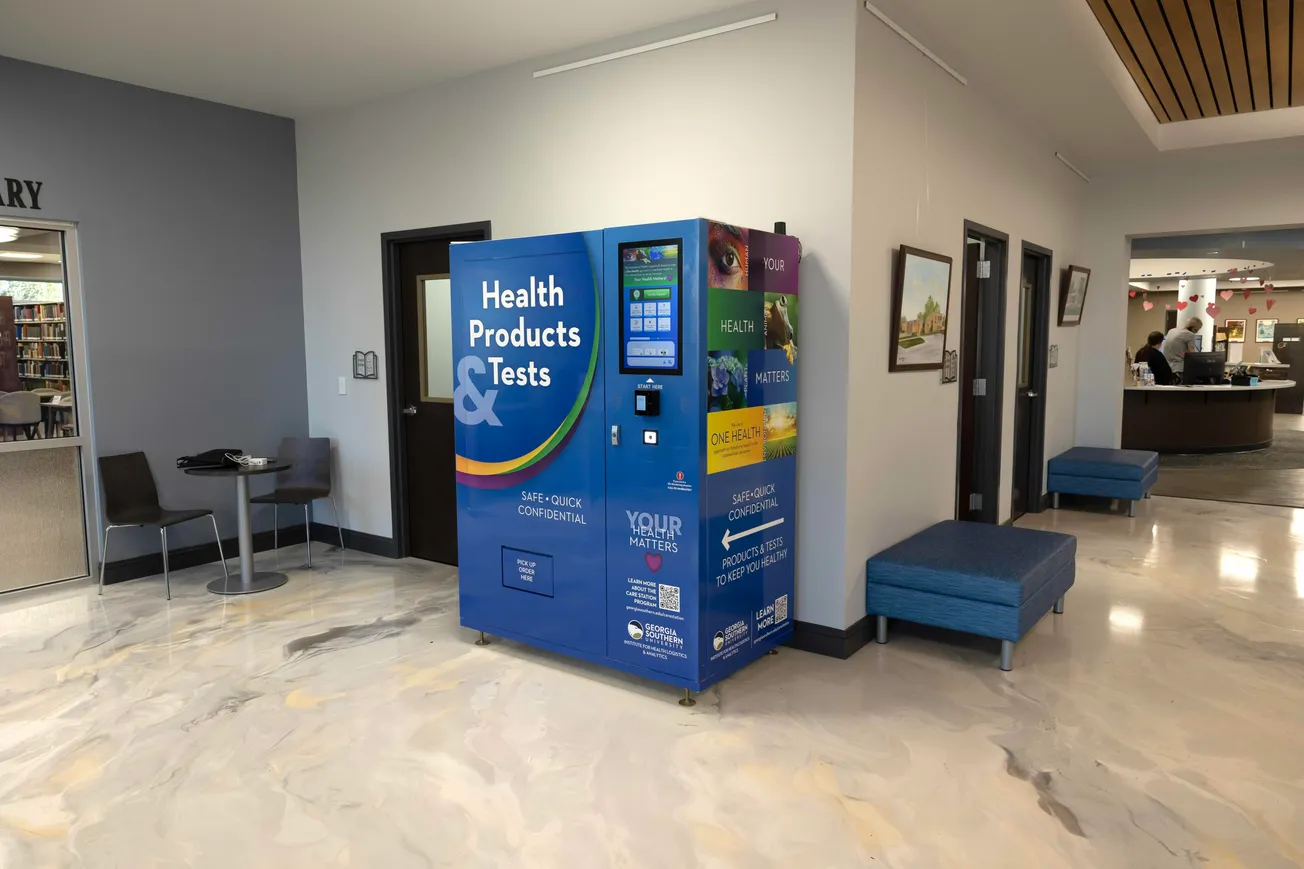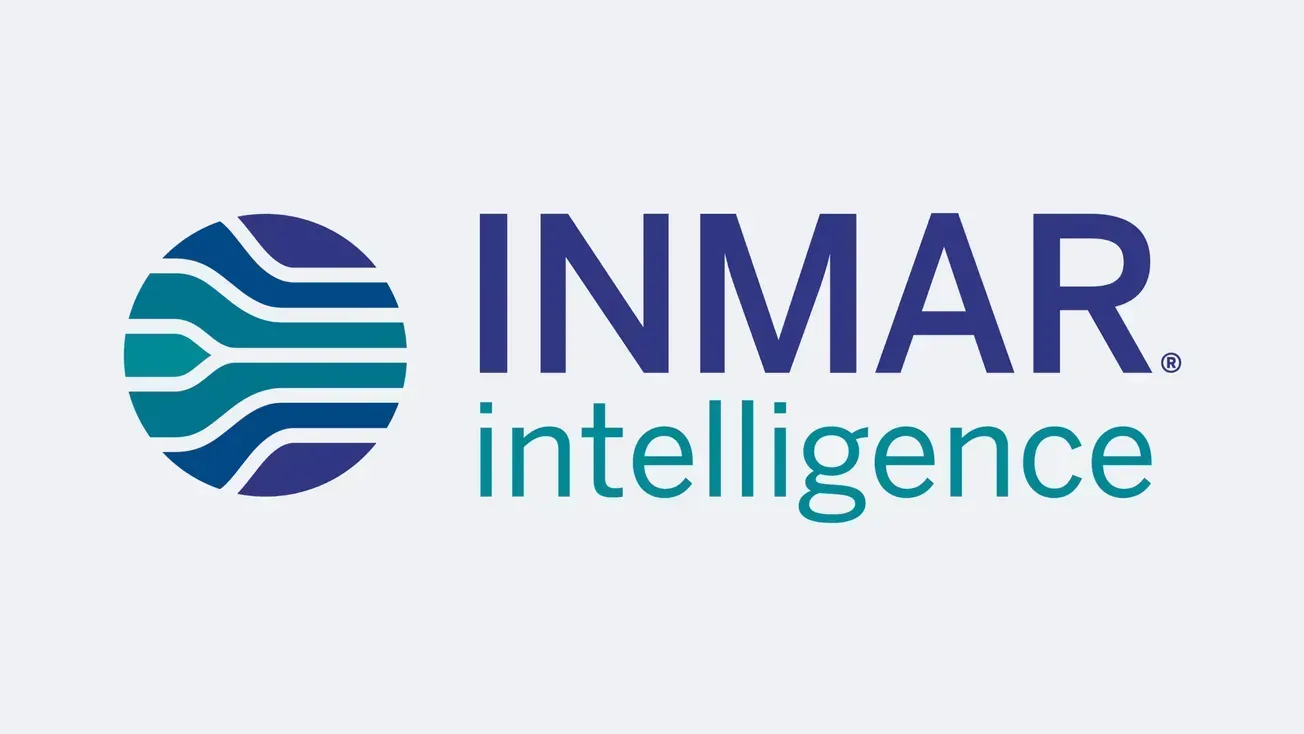ARLINGTON, Va. — The National Association of Chain Drug Stores has made four policy proposals to help fight opioid abuse in a letter to President Donald Trump.
NACDS said Tuesday that the proposals made in the letter to President Trump build on current collaborative efforts to address the opioid abuse epidemic while preserving quality patient care.
Two of the policy recommendations urge legislation for tighter controls at the pharmacy counter, while the other two aim to bolster prescription monitoring and facilitate disposal of controlled substances.

Steve Anderson
“These four integrated public policy strategies would further reduce the volume of unneeded and unused opioid medications entering the public domain and reduce the chances that they fall into the wrong hands, while taking into account the needs of those most severely affected by chronic pain as a result of cancer and other serious illnesses,” NACDS president and CEO Steve Anderson said in a statement.
“The fact that these public policy proposals are gaining traction among those in the health care and enforcement communities reflects that much-needed consensus may be starting to build for additional and sound approaches to this epidemic,” he added.
NACDS’ four policy recommendations to combat the opioid crisis are the following:
• Legislation to establish a seven-day supply limit for initial opioid prescriptions issued for acute pain. NACDS said this limit is in line with the Centers for Disease Control and Prevention Guideline for Prescribing Opioids for Chronic Pain. CDC’s clinical evidence suggests that a greater amount of initial opioid exposure is related to a higher risk of long-term use and addiction. Nearly 20 states already have taken action, the association reported.
• Legislation to require that all prescriptions be issued electronically, with some exceptions. NACDS noted that e-prescribing augments security and curbs fraud, waste and abuse. Drug Enforcement Administration (DEA) e-prescribing requirements call for two-factor authentication, lessening the chance of illicit prescribing. The association added that e-prescribing of controlled substances has been legal in all 50 states since September 2015, and just 14% of controlled substance prescriptions are issued electronically.
• Development of a national prescription drug monitoring program (PDMP). Most states use data to help identify and prevent drug abuse and diversion, but variances in state programs limit their efficacy, according to NACDS. Creating a national PDMP would harmonize state reporting and accessing of PDMP data and establish unified expectations among health care providers and law enforcement, the association said. Having one system also would leverage e-prescribing to provide guidance for prescribers and dispensers in real-time when caring for patients, NACDS added.
• Provide manufacturer-funded mail-back envelopes for unused opioid drugs, available to patients at pharmacies on request. Many pharmacies now offer disposal programs by community and by store, but a program providing mail-back envelopes would be universally workable and could be facilitated by state legislation, NACDS said.
The NACDS letter to Trump comes as the president is expected this week to declare the opioid abuse crisis a national emergency. In March, Trump formed the Commission on Combating Drug Addiction and the Opioid Epidemic as a way to gauge U.S. drug addiction and abuse and determine actions that the federal government could take. The commission is slated to release its final report at its next meeting, scheduled for Nov. 1.
“As public health authorities have indicated, face-to-face interactions between pharmacists and patients have made pharmacists keenly aware of the extreme challenges and complexities associated with this epidemic,” Anderson wrote in the letter. “Based on this firsthand experience and our commitment to the patients and communities we serve, NACDS remains steadfast in our efforts to partner with law enforcement agencies, policymakers and others to work on viable strategies to prevent prescription drug diversion and abuse, including prescription opioids. Chain pharmacies engage daily in activities with the goal of preventing drug diversion and abuse.”
NACDS said current pharmacy initiatives to address the opioid epidemic include DEA compliance programs, pioneering e-prescribing, drug disposal options for consumers, pharmacist and patient education, pharmacy security initiatives, broader access to overdose antidote naloxone, and stopping illegal online drug sellers and rogue clinics.
Also in the letter, NACDS cited the need to stop synthetic opioids from entering the United States, advance prescriber education tools through the Food and Drug Administration’s Risk Evaluation and Mitigation Strategies (REMS) for opioids, create a one-document solution for patient medication information, and enhance access to treatment for people with substance abuse disorders.








